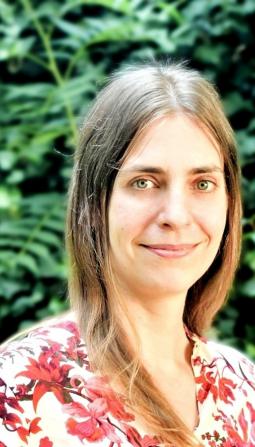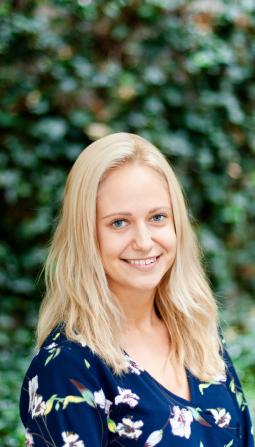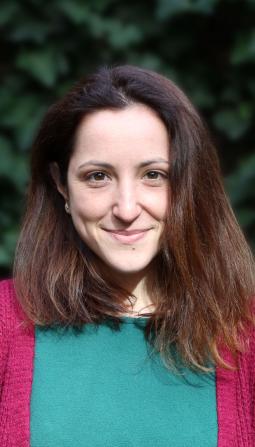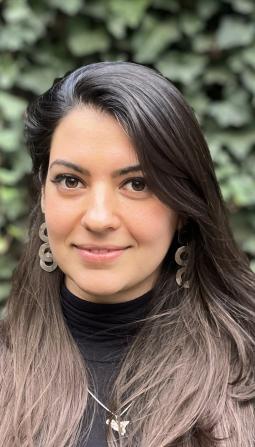
Smart Specialisation WG meeting: STEP - regional perspective
The Strategic Technologies for Europe Platform (STEP) is a new common European action to support EU industry and boost investments in critical technologies in Europe.
Following the formal establishment of the action in February 2024, this S3 WG meeting will offer a chance to gain an understanding of STEP from a general and regional perspective. The event will also facilitate mutual learning with regard to integrating STEP into national and regional cohesion policy programmes such as the European Regional Development Fund or the European Social Fund+. The meeting will be held online on Wednesday 10 April from 10:00-11:30 CEST. It will therefore present an excellent chance for actors back home to get engaged in the discussion as well. We encourage you to invite your stakeholders and representatives of managing authorities to register for the event by internally sharing the link below.
Register here. You will receive the link to connect automatically via email after your registration.
Experts from the European Commission’s Taskforce on STEP and DG REGIO will join the event to present the Platform and its cohesion policy-related aspects. An open discussion will then follow to exchange questions and reflections, e.g. on ideas of combining STEP with ERDF or ESF+, as well as further opportunities and potential challenges with regard to STEP implementation and co-funding.
ERRIN members interested in sharing their first reflections around integrating STEP into the national and regional cohesion programmes such as the ERDF or ESF+ during the upcoming meeting are invited to reach out to ewa.chomicz@errin.eu .
You may find the meeting agenda attached.
Thank you for attending this Smart Specialisation WG meeting. You may find the presentations from the session on this page.
The Strategic Technologies for Europe Platform (STEP) was formally established in February 2024, following the European Commission’s proposal from June 2023. The action aims to leverage and steer resources across 11 EU funding programmes, including cohesion policy funds. Three investment areas will be targeted: digital technologies and deep-tech innovation; clean and resource-efficient technologies; and biotechnologies.
- 10/04/2024 - 10:00 - 10/04/2024 - 11:30
- This meeting will take place online
- Ewa Chomicz
-
Working Group
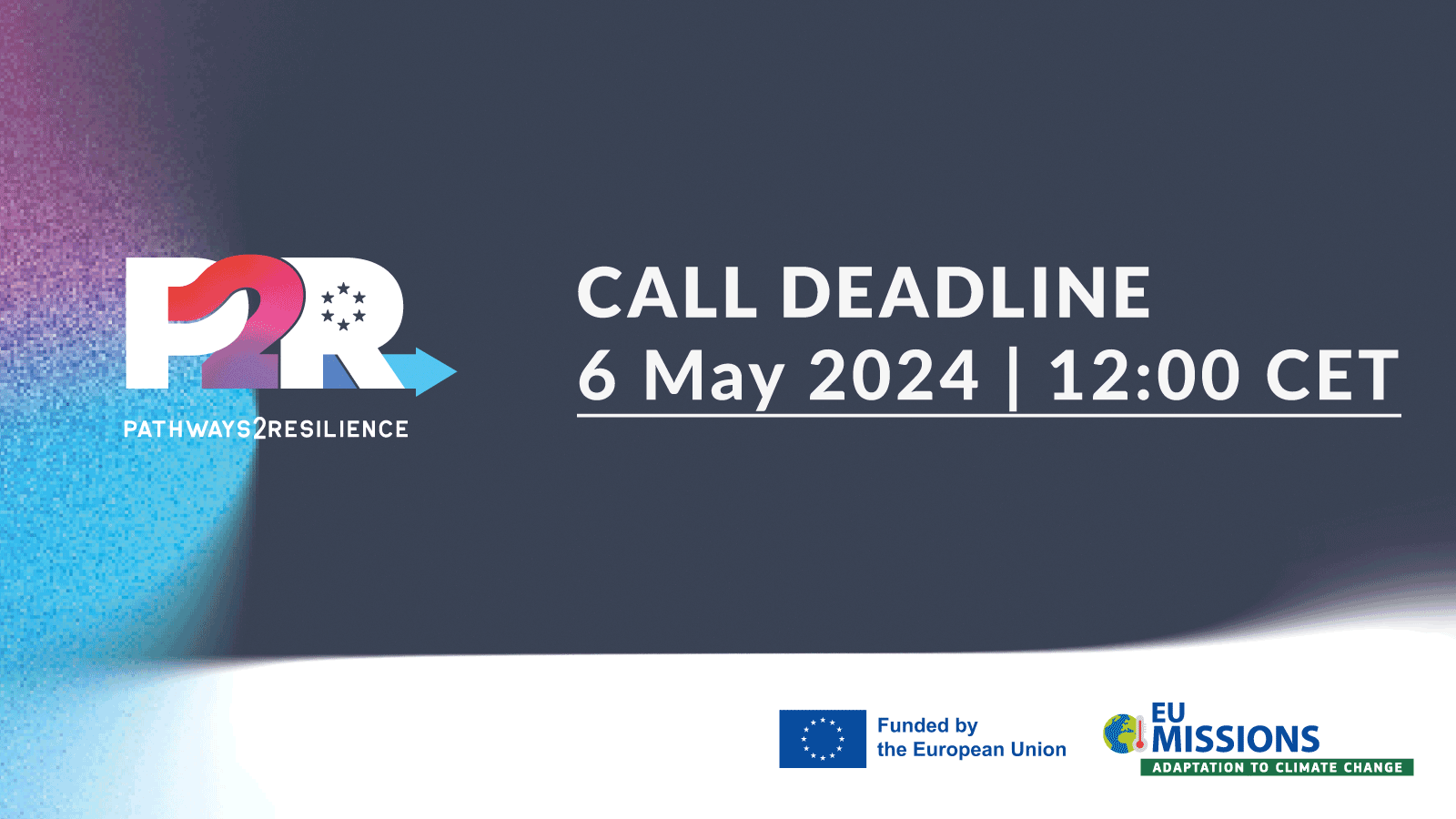
Pathways2Resilience Call Information Session
Following the extension of the Pathways2Resilience First Call for Regions and Communities, another information session is being held on 19 March from 13:00-14:00.
This first call will provide 40 regions and communities with financial support of up to €210,000 to help regions design their pathway to climate resilience. It will also include a range of services and capacity-building activities for subgrants lasting up to 18 months.
The deadline for applications is 12:00 CEST on 6 May 2024.
The information session can be accessed via teams using the information below.
- 19 March 2024 13:00-14:00 CET | Online
- Click here to join the meeting
- ID: 320 084 276 664 | Passcode: V5QUtq
Further information on the call can be found here.
The Pathways2Resilience project will allocate €21M across 100 regions and communities via two open call cycles to support the development of their resilience pathways and innovation agendas. The project will develop a Regional Resilience Journey framework and increase knowledge on adaptation options across different innovation areas, with the aim to equip regions and communities to develop climate resilience pathways and connected innovation agendas that are tailor-made to local challenges and needs.
- 19/03/2024 - 13:00 - 19/03/2024 - 14:00
- This meeting will take place online
- Lucy Hammond
-
Working Group
Heidi Johansson
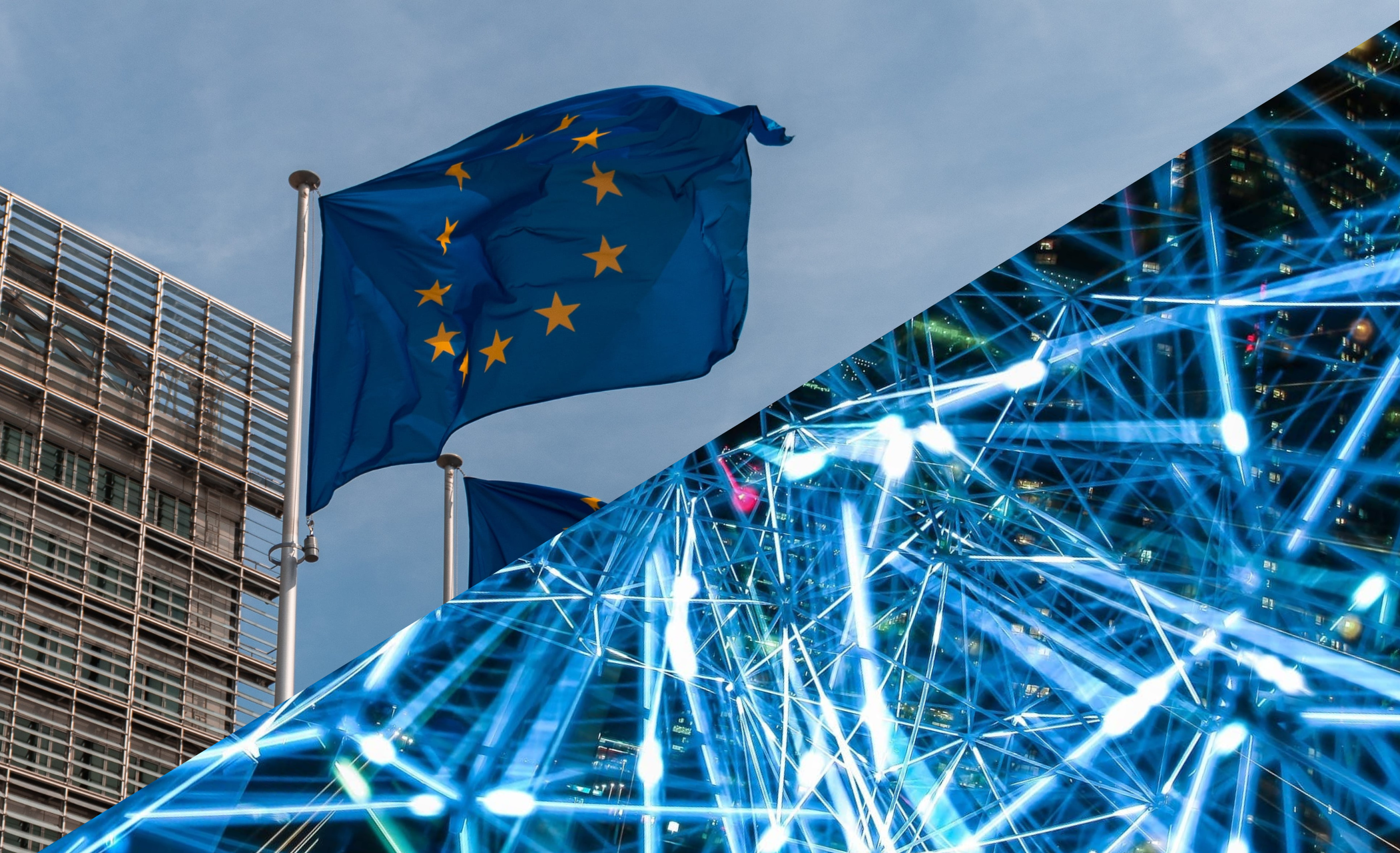
Policy & Smart Specialisation WGs meeting: Widening in FP10 and impact on cohesion policy post-2027
The topic of widening gathers high attention in the discussions around the next European Framework Programme for R&I, raising questions with the potential to influence not only the Widening sub-programme, but also the overall shape of FP10 as well as links with the future cohesion policy. Some proposals include revising eligibility criteria for the Widening sub-programme, applying a new approach to widening through a separate EU scheme e.g. using cohesion funds, or mainstreaming widening elements across the framework programme. At the same time, there seems to be general agreement that the widening measures need revamping to increase their effectiveness.
This joint Policy and Smart Specialisation WGs meeting, organised in the context of ERRIN’s work around FP10, will focus on the future of widening – ways to improve the sub-programme and its measures – and coherence with cohesion policy post-2027. Commission speakers will be invited to share their reflections, which will be followed by an interactive exchange with the members to discuss the different ideas and offer suggestions. The points raised during the event will feed into shaping ERRIN’s messages on widening in FP10 and on cohesion policy post-2027.
You may find the agenda with the guiding questions for the interactive exchange attached.
Thank you for attending this Policy WG meeting. You may find the presentation from the session on this page.
- 22/05/2024 - 10:00 - 22/05/2024 - 12:00
-
ERRIN
Rue du Luxembourg 3 (8th floor)
1000 Brussels
Belgium - Ewa Chomicz
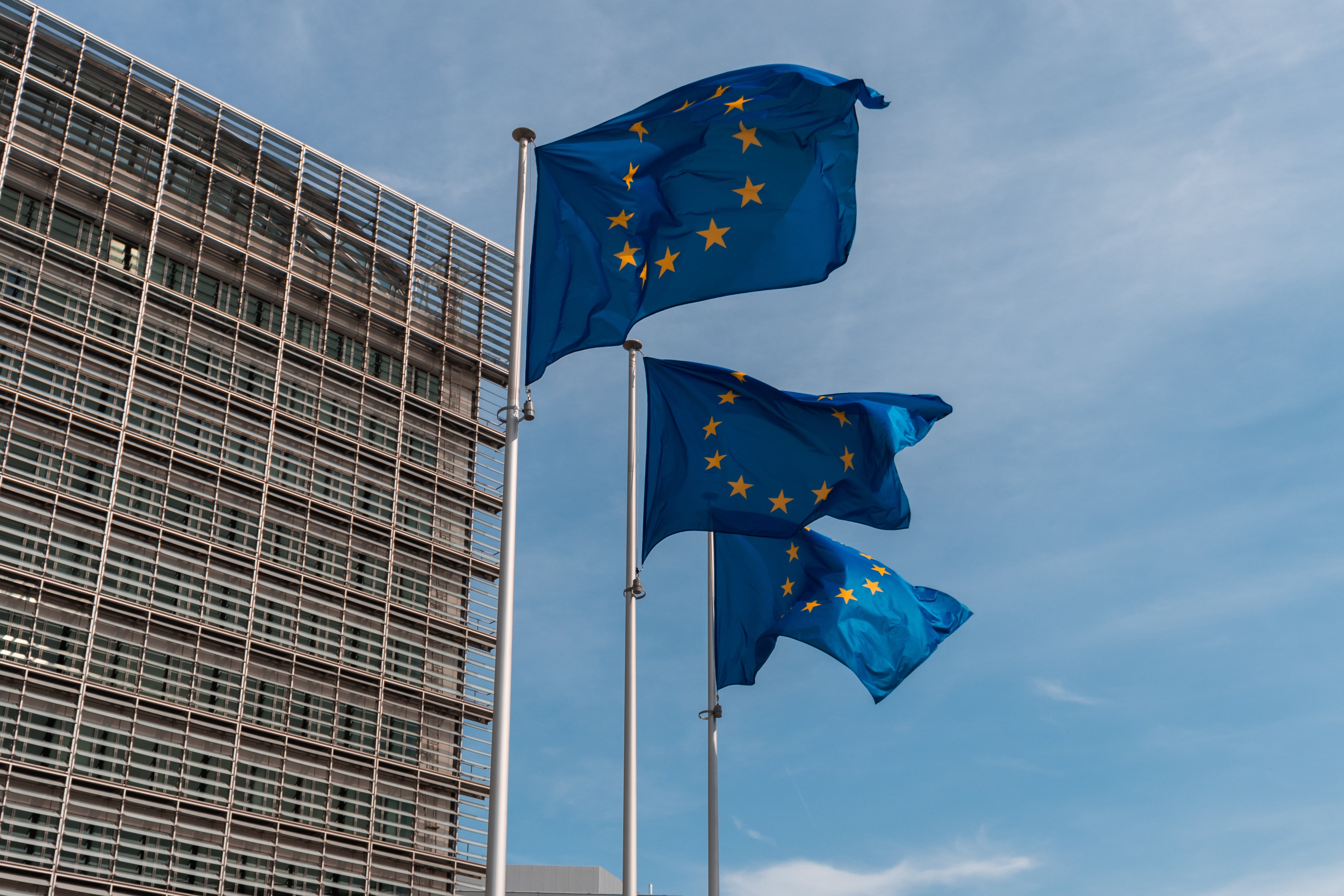
Policy WG meeting: Role of EU Missions in FP10
ERRIN has been closely involved in the design and implementation of the EU Missions since their inception. Missions remain one of the network's priorities and were one of the four main areas of focus of ERRIN's input to the Horizon 2014-2027 public consultation last year. As part of its work on FP10, ERRIN is now engaging in a discussion with its members to define the role of the Missions in the next European Framework Programme for R&I.
EU Missions have already inspired cities and regions across Europe to increase their ambition, encouraging them to adopt Mission-like strategies and integrate Mission objectives into their policies and agendas. These initiatives have significantly strengthened cooperation between different stakeholders at local and regional level. As R&I is essential to address the societal challenges identified by the Missions, maintaining the momentum of the Missions into FP10 remains crucial.
During the upcoming Policy WG meeting, Marnix Surgeon from the European Commission's Unit for EU Missions and European Partnerships will provide an update on the evaluation of the implementation of EU Missions to date and outline the next steps. Sumathi Subramaniam, Rapporteur of the EC Expert Group supporting the Monitoring of EU Missions, will present the main findings of the group’s work. An open interactive discussion will then follow to exchange local and regional perspectives on the future of EU Missions. The discussion will focus on three broader topics and feature introductory insights from ERRIN members.
You may find the meeting agenda with more details and guiding questions for discussion attached.
On the same day, from 11:30-13:00 at the ERRIN office, an interactive workshop will be organised to explore the challenges and needs faced by cities and regions regarding citizen engagement within the EU Missions, followed by a networking lunch from 13:00-14:00. We encourage all members wishing to attend the upcoming Policy WG meeting to join the workshop as well. Learn more and register here.
Thank you for attending this Policy WG meeting. You may find the presentations from the session on this page.
- 23/04/2024 - 14:00 - 23/04/2024 - 16:00
-
ERRIN
Rue du Luxembourg 3 (8th floor)
1000 Brussels
Belgium - Ewa Chomicz
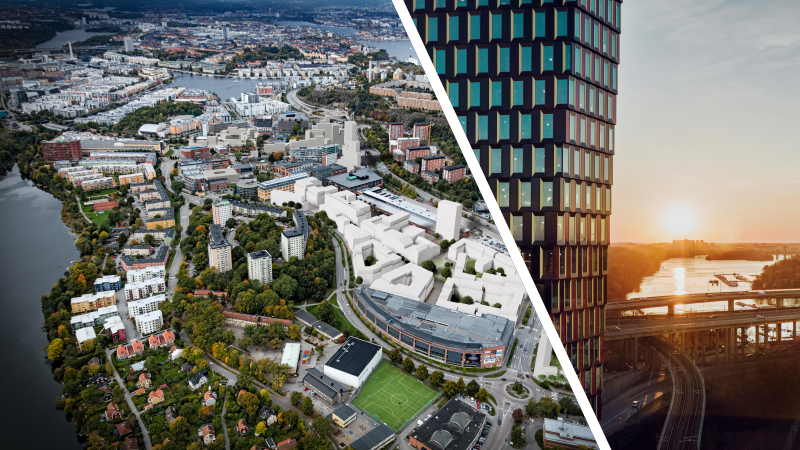
New European Bauhaus breakfast seminar
As a proud partner to the New European Bauhaus Festival, the Stockholm Region EU Office, in collaboration with Stockholm Green Innovation District, welcomes you to a breakfast seminar on how to shape sustainable, beautiful, and inclusive city districts with innovative and climate-neutral solutions by and for citizens.
The event will be in-person and online on 9 April from 08:45-10:00 at the Stockholm Region EU Office, Brussels.
The seminar aims to present experiences, best practices and discuss challenges by different projects within Stockholm Green Innovation District (SGID). The projects within SGID will be presented in connection to the concept of New European Bauhaus and the criteria: beautiful, sustainable, and inclusive”.
Learn more and register here.
- 09/04/2024 - 08:45 - 09/04/2024 - 10:00
-
Stockholm Region EU Office
Avenue Marnix 28
1000 Brussels
Belgium - Rebecca Timm
-
Member
-
Working Group
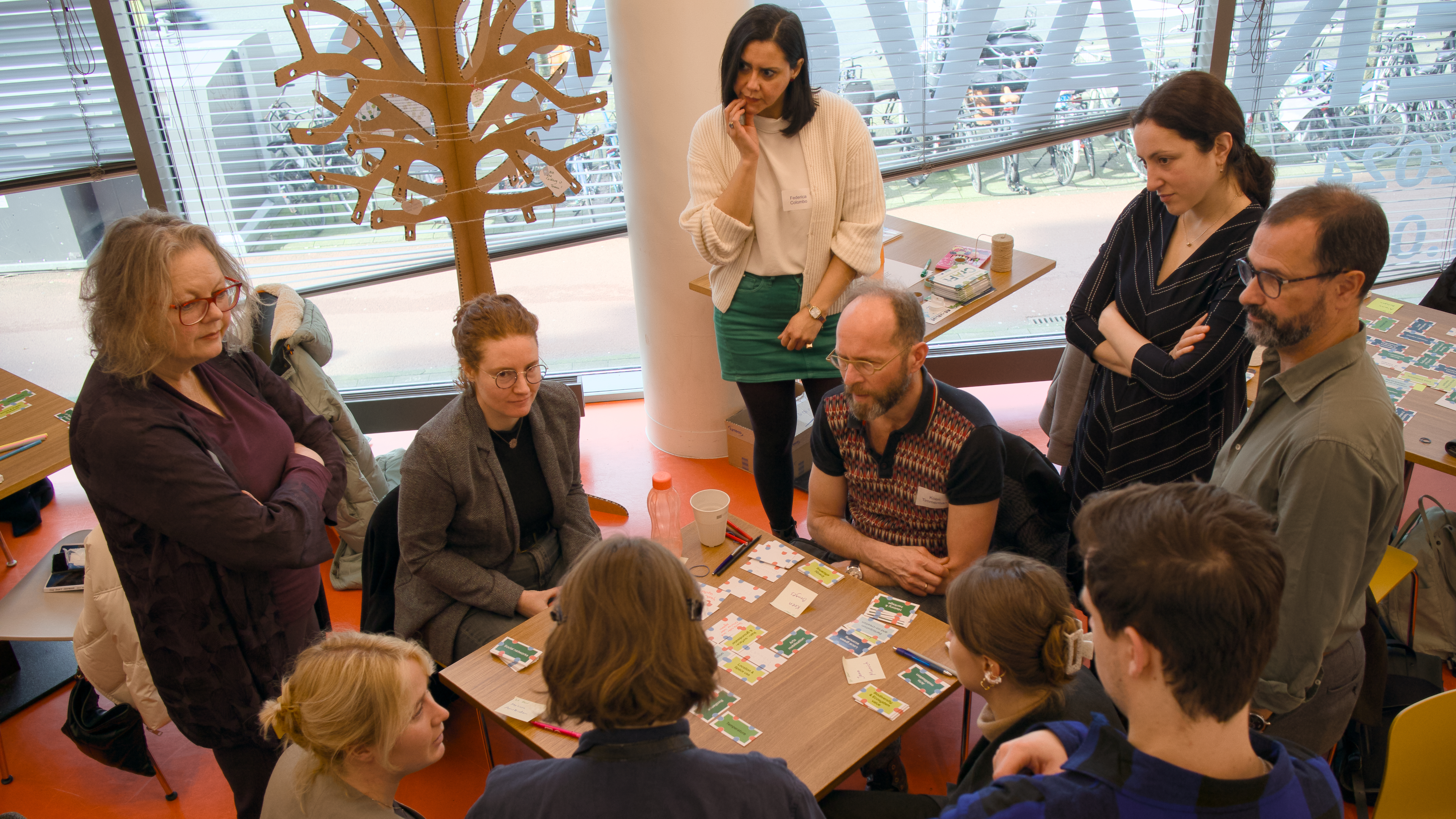
Call for expressions of interest to join the NEB Alliance and endorse its manifesto
On 26 February 2024, the New European Bauhaus Alliance introduced its Manifesto in Amsterdam. This Manifesto aims to help society move towards strong, climate-positive cities and communities. It wants to bring together people from different fields like engineering, economics, facility management, marine biology, industry, artificial intelligence, and others.
It also wants to connect these groups with arts, culture, grassroots movements, design, and architecture. By doing this, the Manifesto seeks common ground across various interests, sectors, and disciplines. It aims to improve how we live, our economy, and our technology, ultimately preparing society better for the future.
As one of the founding members of the Manifesto, ERRIN invites its members to join the NEB Alliance and endorse the Manifesto by responding to the call for expressions of interest available here.
- Francesca Pozzebon
- 13 March 2024
Coventry University Open for MSCA PF Fellows
- jessica mitchell
- 13/03/2024
-
Funding ProgrammeHorizon Europe
-
Deadline for Expression of Interest29 April 2024
-
NameJessica MitchellOrganisation NameCoventry University Brussels Hub
- Get in Touch
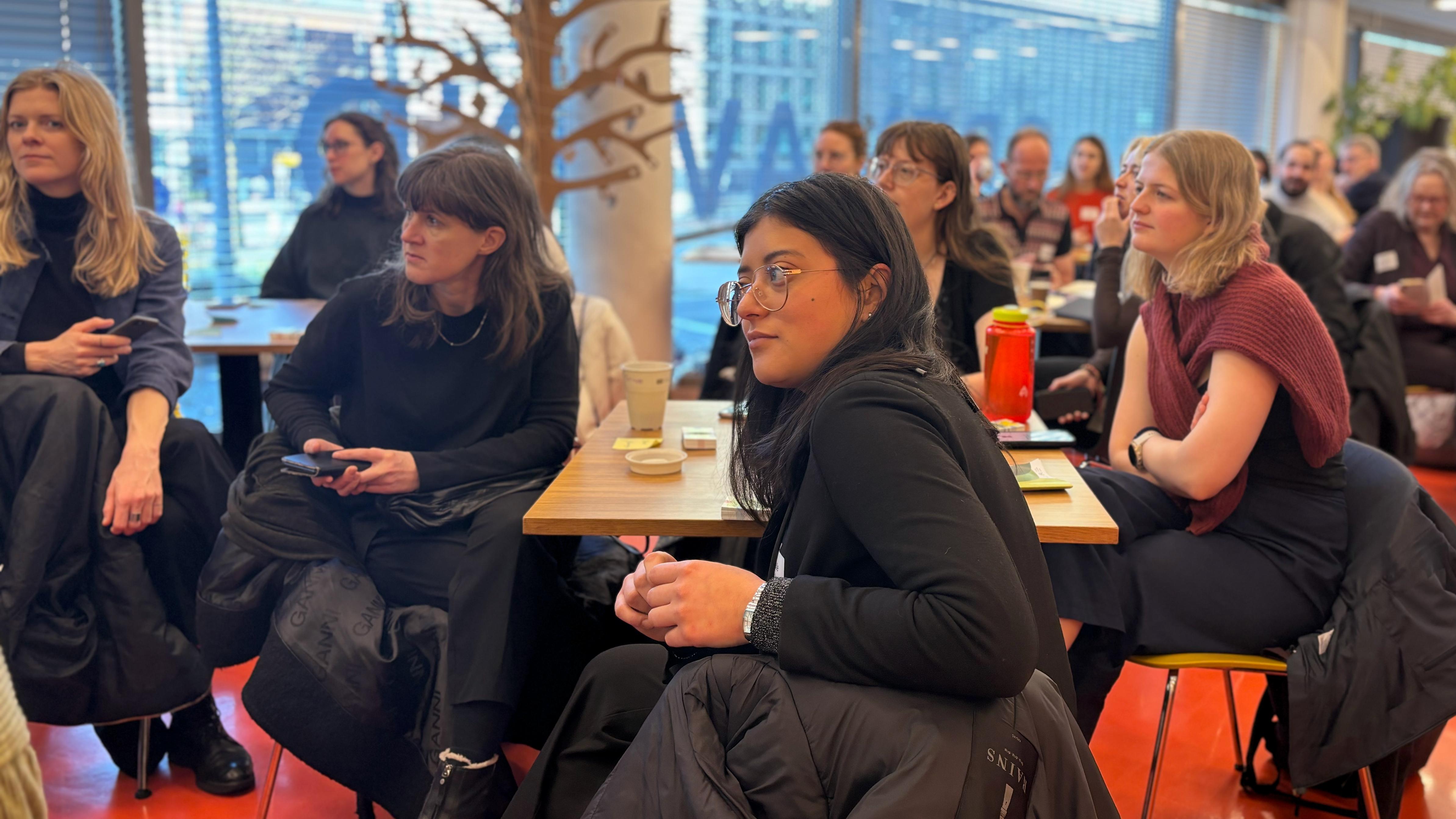
ERRIN joins the NEB Alliance as a founding member
On 26 February 2024, ERRIN took part in the CrAFting Tomorrow’s Cities event, hosting a discussion table on the role of Regions and Cities in co-creating inclusive spaces. The event was a great opportunity to join city representatives and policymakers from CrAFt Cities and ERRIN members, delving into the potential of local stakeholder collaboration to shape the future of climate-neutral cities. ERRIN members took the stand, presenting inspiring projects such as BOSK - The Walking Forest in the city of Leeuwarden and the NEB-STAR, the lighthouse demonstrator in Stavanger.
During the event, the New European Bauhaus Alliance introduced its Manifesto. It aims to help society move towards strong, climate-positive cities and communities, bringing together people from engineering, economics, facility management, marine biology, industry, artificial intelligence, etc. As one of the founding members of the NEB Alliance, ERRIN endorses the NEB Manifesto, committing to the NEB principles as cross-cutting tools where arts and culture have a transformative power in supporting positive behavioural changes and citizens engagement towards climate-neutral cities.
In this context, ERRIN and its members become part of a community where, through the work of its NEB Task Force, they can play a key role in facilitating and building synergies between different EU-funded projects and initiatives, namely the EU missions and the NetZeroCities project, among others, while contributing to a bottom-up system change in achieving the Green Deal objectives that spark from place-based innovation.
The call for expressions of interest to endorse the Manifesto can be found here.
- Francesca Pozzebon
- 12/03/2024
Francesca Pozzebon
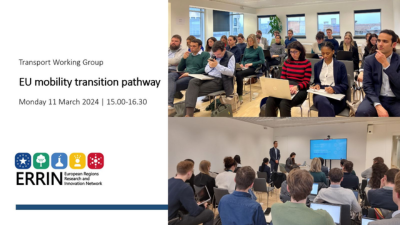
Mobility Transition Pathway: Open call for Stakeholders' Pledges to drive green and digital transition
The Transport Working Group met on Monday, March 11, to discuss the EU Mobility Transition Pathway and the related opportunities for regions.
During the meeting, Giuseppe Marotta from the Unit Mobility at DG GROW introduced the Mobility Transition Pathway, a comprehensive and co-created actionable plan published in January 2024. This plan aims to identify challenges, opportunities, conditions, and necessary actions to drive the green and digital transition within the mobility sector while enhancing the ecosystem's resilience.
The European Commission opened an online call, inviting stakeholders from various sectors to submit pledges aligned with the Mobility Transition Pathway. This inclusive approach welcomes participation from individual companies, business associations, social partners, NGOs, and local authorities. Find more information on the dedicated webpage.
During the presentation, Mr Marotta detailed the pledge submission process, emphasising its crucial role in mapping stakeholders' commitment. He stressed the importance of submitting pledges as it enables the commission to map stakeholders' commitment, provide support through enhanced visibility and communication, foster mutual inspiration, and monitor progress during the implementation phase. Pledges play a pivotal role in identifying areas and initiatives that stand to gain from EU-level support, addressing needs such as removing regulatory barriers or securing additional funding. This collaborative commitment ensures a comprehensive understanding of the challenges and opportunities within the mobility sector, facilitating targeted interventions for a successful and sustainable transition.
Following Mr. Marotta's presentation, Riánsares López, Senior Consultant at OPTIMA, took the floor to present Catalonia's strategies for addressing the transformative challenges within the mobility sector.
- Gaia Ialisa Marotta
- 16/04/2024
-
Working Group
Gaia Ialisa Marotta

Workshop on Innovative Tools to Engage Older Adults in Managing Their Health
The Greater Copenhagen EU Office is hosting a workshop on 11 April entitled "Innovative Tools to Engage Older Adults in Managing Their Health.” as part of the SMILE Horizon 2020 project, led by a consortium of 13 partners from the EU and Canada.
The project supports older adults with severe health conditions in 'ageing in place.' Within living labs, they actively engage senior citizens, particularly those with COPD, dementia, or post-surgery, to comprehensively understand their unique needs and preferences for in-home care. SMILE digital technology is collaboratively developed, and other e-health solutions are embedded in Smart Inclusive Living Environments, specifically tailored to address the challenges frail older people face in their everyday living.
Experts, policymakers, social and healthcare sector representatives, and organisations from the field of ageing are invited to come together for insightful discussions and knowledge-sharing sessions to learn about the results of SMILE and important policy considerations supported by the project.
Moderated by Lars Kayser, PhD, MD, and Emilie Kauffeldt Wegener, MA, MS.c., both from the University of Copenhagen, the workshop aims to address empowering older adults to manage their health and the pressing need to effectively utilise digital health services in transforming healthcare while ensuring inclusivity for older individuals with varying digital competencies.
Attendees will learn about innovative healthcare models such as The Epital Care Model (ECM) using digital technology and the Readiness and Enablement Index for Health Technology (READHY) instrument. The agenda includes sessions on the practical application of the ECM model in healthcare organisations and the utilisation of READHY for the stratification of users to reduce inequity in digital transformation, particularly among older adults.
The workshop aims to generate actionable outcomes informing local and regional healthcare planning, emphasizing cross-sectoral collaboration and interdisciplinary work. Participants will explore strategies to leverage digital tools effectively to empower older adults to manage their health.
Learn more and register here.
MEETING AGENDA:
- 9:00 - 9:30 Coffee and networking
- 9:30 - 9.45 Welcome by Terje Peetso, Chief Medical Innovation Officer, The North Estonia Medical Centre
- 9:45 - 10:00 Introduction
- 10:00 - 10:45 Group discussion
- o How to use the ECM in your organization?
- 10:45 - 11.00 Plenary discussion
- 11:00 - 11:15 Break
- 11.15 - 11.30 READHY model and Stratification
- 11.30 - 12:00 Group discussion
- o How READHY can be used for stratification of users to reduce inequity?
- 12.00 - 12:30 Plenary discussion
- 12:30 Closure
- 12:30 – 13.30 Networking lunch
- 11/04/2024 - 09:00 - 11/04/2024 - 13:30
-
Greater Copenhagen EU Office
Rue du Luxembourg 3
6th floor
1000 Brussels
Denmark - Greater Copenhagen EU Office
-
Member
